Food and eating – a big topic during ADHD coaching sessions.
The questions about eating run the gamut – from looking for information about what foods positively, or negatively, impact ADHD, to addressing supplement use to mitigate ADHD symptoms in place of medication, to impulsivity with eating. There are also issues around food, like ADHD kiddos being unable to sit at the dinner table, or children raiding the snack cabinet at 4am.
Food is a big part of our lives. And having ADHD can add an entire layer of challenges and questions.
Here’s the thing: having grown up with what today would quite possibly be diagnosed as disordered eating, I am well aware of how careful we must be when addressing challenges relating to food. The last thing we want is for our kids-or ourselves-to feel bad or wrong because appetites spike when meds wear off, or because the sensory issues that often accompany ADHD makes the thought of eating eggs akin to torture.
I don’t want to mess this up. So, I called in the experts.
I worked with a very helpful and knowledgeable registered dietitian (by the way, do you know the difference between a dietitian and a nutritionist? I do now!), to develop a list of questions to gauge dietitians’ general philosophies on food and body image, and their experiences with neurodivergent populations, with specific attention to ADHD and concurrent eating issues.
I am happy to say that the dietitians whom I contacted were very eager to chat with me, to discuss their views on food, diet, body image, ADHD, and sensory challenges, and to use their expertise and experience with neurodivergent folks to aid struggling ADHDers with navigating their eating journeys. These professionals brought a new perspective that was really interesting, and would be so helpful for ADHDers dealing with eating related challenges.
I am including their names and contact information below.
If you are interested in doing your own research to find a registered dietician that can meet your particular needs, including being ADHD informed, or is local to you, I’d be happy to share my question list with you. Just reach out!
Help is out there if you or your child is struggling with food related challenges, including those that are connected to ADHD. I strongly suggest calling in the experts, and getting the professional support you need, and deserve.
Registered Dietitians:
Tracy Colin, MS, RD
My Food, My Choice LLC
https://myfoodmychoicenutrition.com
tracy@myfoodmychoicenutrition.com
848-228-2046
Eliza Hiberlein, RDN
https://www.elizaheberleinrd.com/
ElizaHeberlein@elizaheberleinrd.com
732-978-9137
Andie Schwartz, M.ED, RDN, CLC, CSCS, NCSA-CPT. RYT
ABS Nutrition and Fitness
https://www.absnutritionandfitness.com/
andie@absnutritionandfitness.com
856-292-5355
Stephanie Van’t Zelfden, RDN, CIEC
Nutrition Hungry
https://www.nutritionhungry.com/
stephanie@nutritionhungry.com
856-320-5100

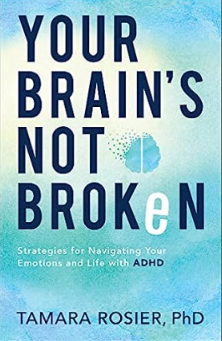 Your Brain’s Not Broken – Tamara Rosier
Your Brain’s Not Broken – Tamara Rosier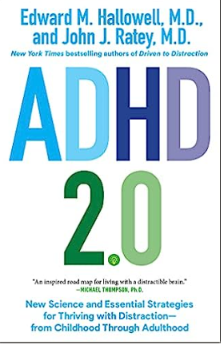
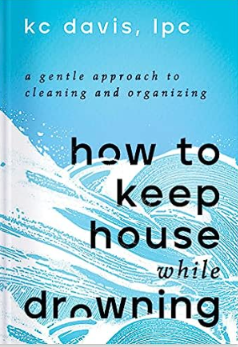 how to keep house while drowning – KC Davis
how to keep house while drowning – KC Davis 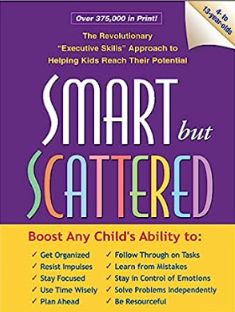
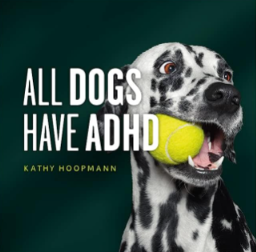 All Dogs Have ADHD – Kathy Hoopmann
All Dogs Have ADHD – Kathy Hoopmann